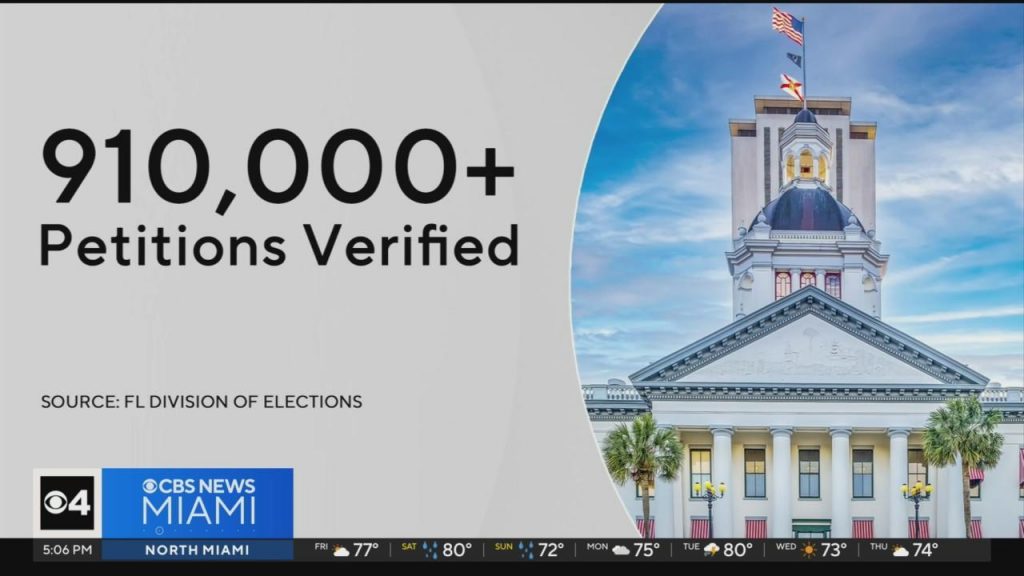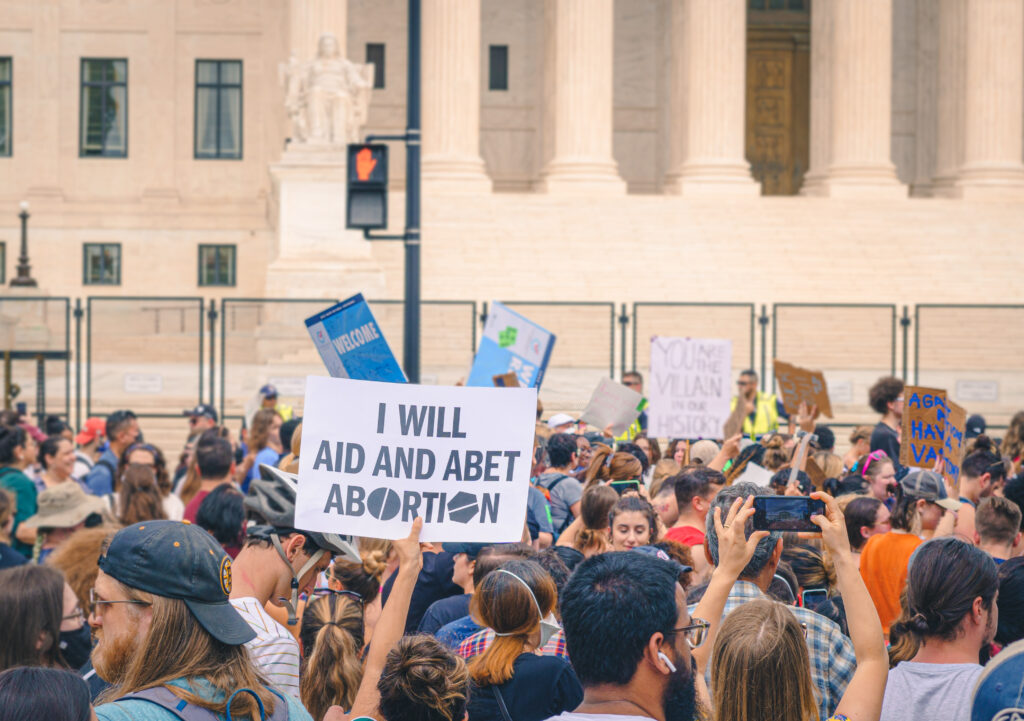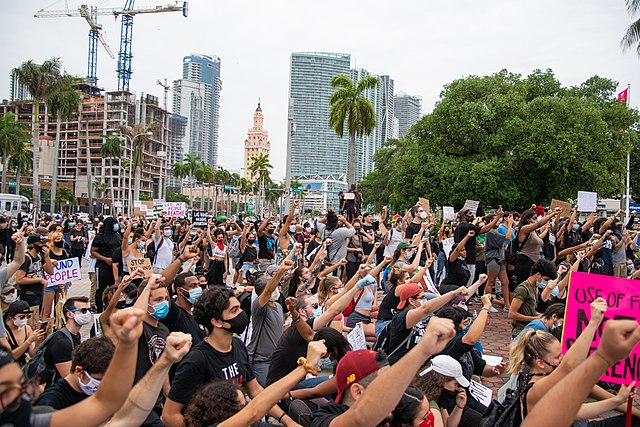“We should not be afraid to send our kids to school, but extremist lawmakers are hellbent on expanding the gun lobby’s guns everywhere agenda and putting our kids at risk,” said one state campaigner.
By Jessica Corbett. Published 4-10-2024 by Common Dreams

Gun control advocates, including families of mass shooting survivors, condemned Tennessee Senate Republicans for a 26-5 vote along party lines on Tuesday to advance legislation allowing teachers and staff to carry concealed firearms in public schools.
“Since the devastating shooting at the Covenant School in Nashville last year, the [Tennessee] Legislature has had the opportunity to take meaningful action on gun safety,” said Moms Demand Action executive director Angela Ferrell-Zabala. “Instead, they have chosen to ‘debate the safety of their communities’ behind closed doors in a process that has often excluded their constituents and their own colleagues.”
Continue reading









